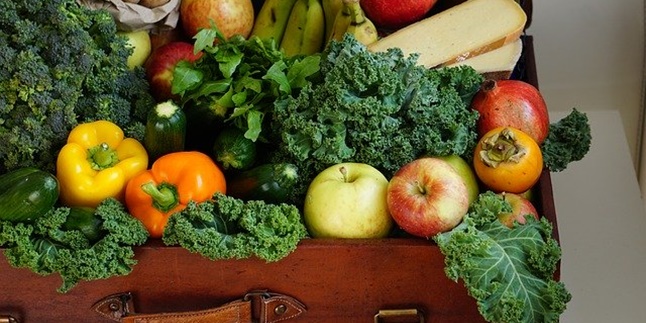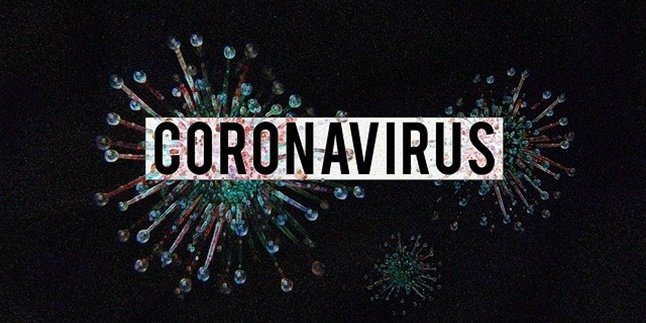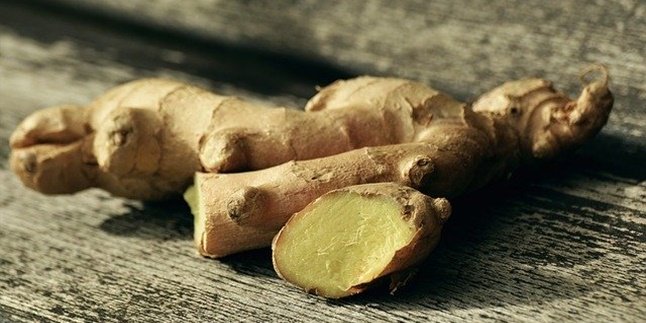Kapanlagi.com - In the midst of the COVID-19 pandemic coronavirus, immune system and health must be maintained. One way is by consuming plenty of fruits and vegetables. Unfortunately, fruits and vegetables are perishable foods. Therefore, special tips are needed to store fruits and vegetables to prevent them from spoiling quickly.
Storing fruits and vegetables to prevent them from spoiling quickly can be a difficult challenge for those who do not have a refrigerator, such as boarding house students for example. But don't worry, because there are several tips for storing fruits and vegetables that can be done.
These tips for storing fruits and vegetables will be very useful when your outdoor activities are limited due to lockdown. By applying these tips, you can stock up on fruits and vegetables, so you don't have to go out or to the boarding house frequently.
Here are some tips for storing fruits and vegetables to make them last longer without a refrigerator:
1. Buying Fruits and Vegetables in Good Condition
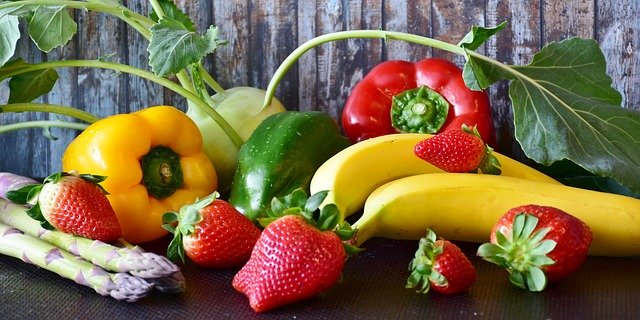
(credit: pixabay)
The first thing to do to keep fruits and vegetables fresh and prevent them from spoiling easily is to buy good quality fruits and vegetables. So, when buying, make sure that the fruits and vegetables are fresh and have smooth skin or leaves. Because the condition of the fruits and vegetables when purchased will also affect their durability.
2. Don't Wash Fruits and Vegetables Immediately
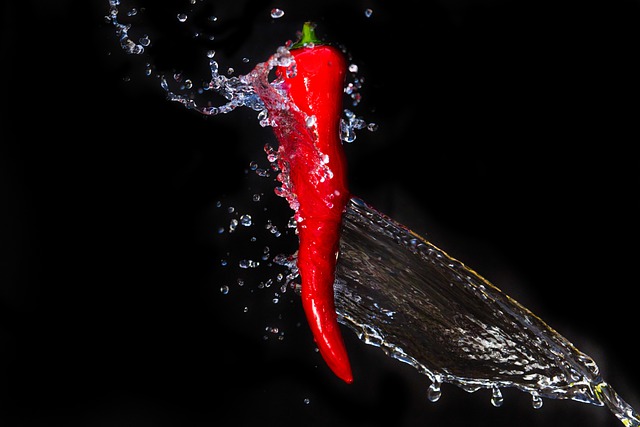
(credit: pixabay)
Do not wash newly purchased fruits and vegetables immediately. Because washing can make the fruits and vegetables damp. This will accelerate the decay process if they are stored immediately after washing.
It is better to wash fruits and vegetables only when you are about to eat or cook them. But make sure to wash the fruits thoroughly before consuming or cooking them.
3. Discard the Rotten Parts
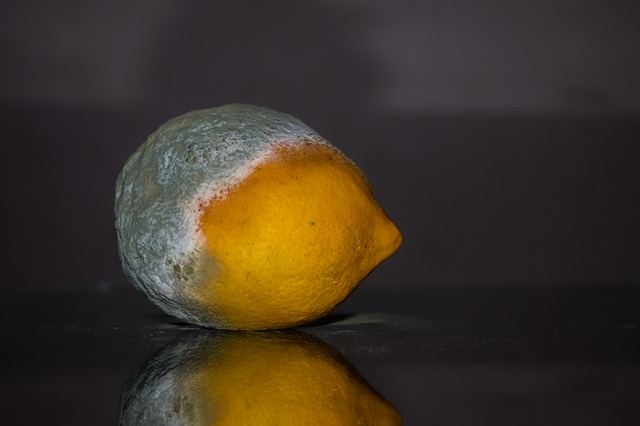
(credit: pixabay)
Tips for storing fruits and vegetables to prevent them from rotting easily next time is by sorting them before storing. Separate the fresh and slightly wilted or even starting to rot fruits and vegetables.
This is because mixing good condition fruits or vegetables with rotten ones can make them rot faster. For vegetables like cabbage, broccoli, or potatoes, you can cut off the rotten parts to save the good parts.
4. Store in a Dry Ventilated Container
One thing that will greatly affect the durability and freshness of fruits and vegetables is how they are stored. Fruits and vegetables should be stored properly.
Store fruits and vegetables in clean and dry containers. If there is no refrigerator, you can store them in containers such as boxes or plastic. But, besides being clean and dry, make sure the container has good air circulation.
As a simple example, you can store fruits and vegetables in plastic bags. Make holes in several parts of the plastic using a toothpick or other sharp object. This way, the circulation and moisture of the fruits will be maintained.
5. Provide Paper or Tissue as a Base

(credit: pixabay)
In addition to storing in a clean, dry container and maintaining air circulation, there is one more thing to consider. Add tissue or newspaper as a base to the surface of the storage container. Besides using it as a base, you can also use the tissue or paper sheets to wrap fruits and vegetables.
This way, the moisture of the fruits and vegetables will be better maintained. This tip can be applied to various types of fruits and vegetables, such as apples, tomatoes, chili peppers, and so on.
6. Store at Room Temperature
Place the fruit and vegetable storage container in a place with room temperature. This means that the temperature of the fruit and vegetable container is placed in an area with stable temperature. Avoid storing in locations that tend to be humid, such as corners or corners of the room.
7. Store Onion Varieties in a Dark Place
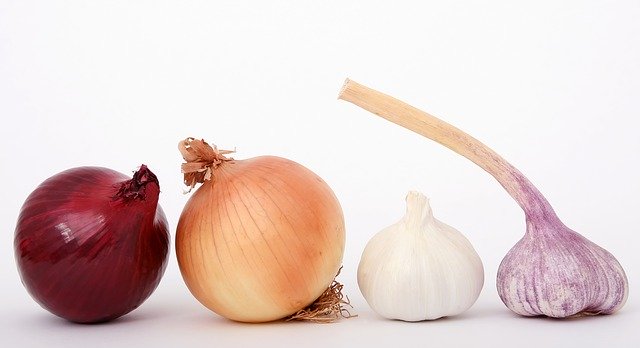
(credit: pixabay)
One special tip for storing various types of onions, such as shallots, garlic, and onions. These types of onions will stay fresher if stored in a dark place.
So you can store them in dark-colored containers or plastic. Of course, don't forget to provide air circulation holes.
8. Regularly Check
The last tip for storing fruits and vegetables to keep them fresh longer is to regularly check them. Regular checking will be useful to determine the condition of the fruits and vegetables you are storing.
When performing regular checks, just like what was done in the second tip, separate the ripe or even spoiled fruits and vegetables to avoid affecting other fruits and vegetables.
Those are the 8 tips for storing fruits and vegetables to keep them fresh and prevent them from quickly rotting. You can apply them if there is a lockdown situation or if you don't have a refrigerator at home or your dormitory.
(kpl/psp/gen)
Disclaimer: This translation from Bahasa Indonesia to English has been generated by Artificial Intelligence.
